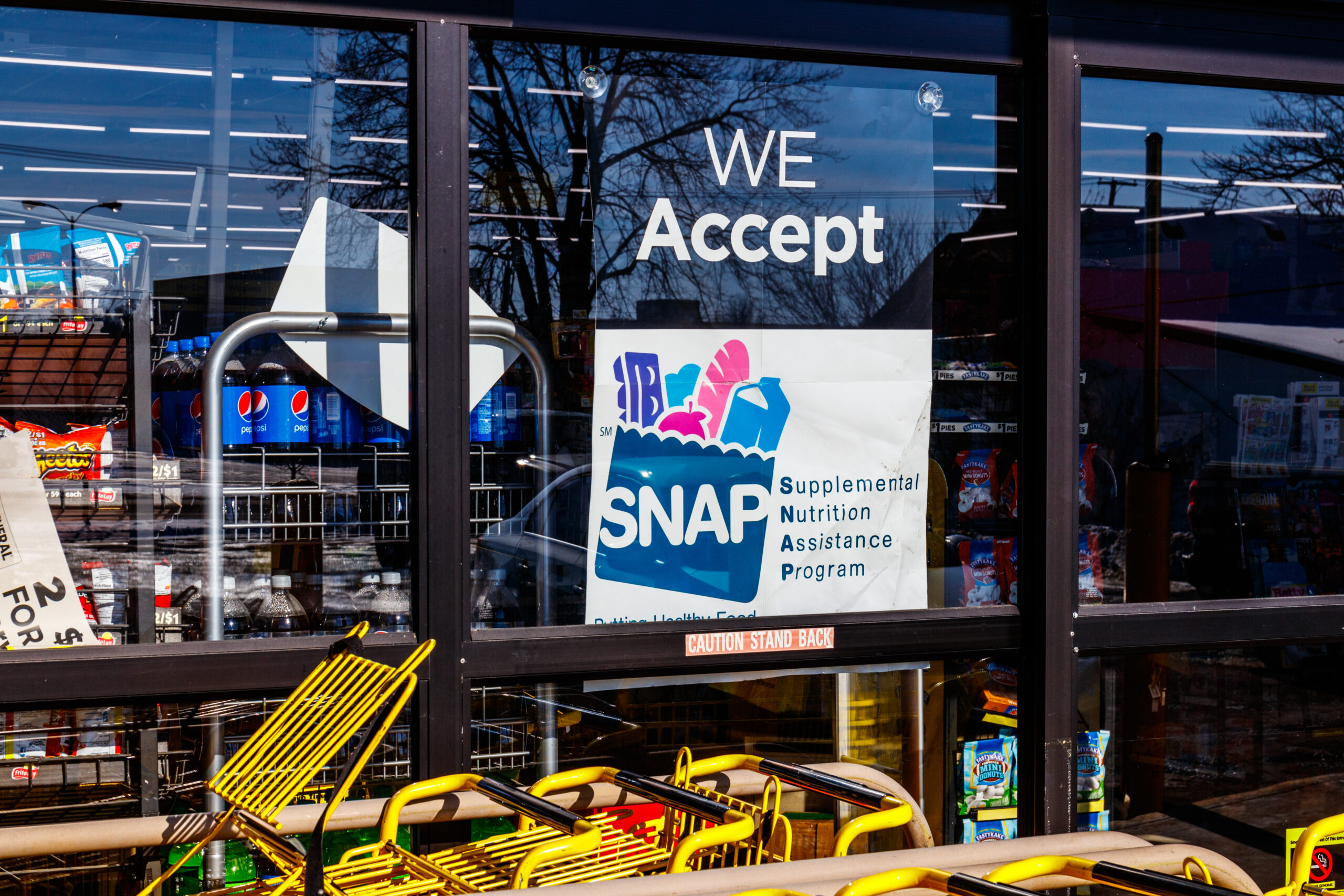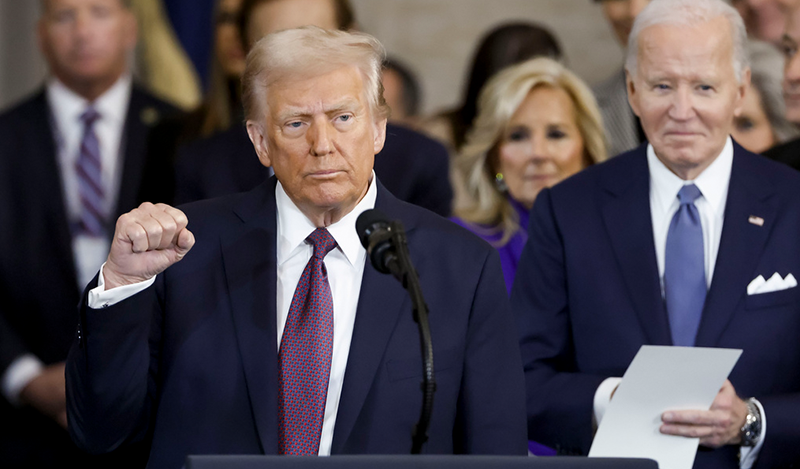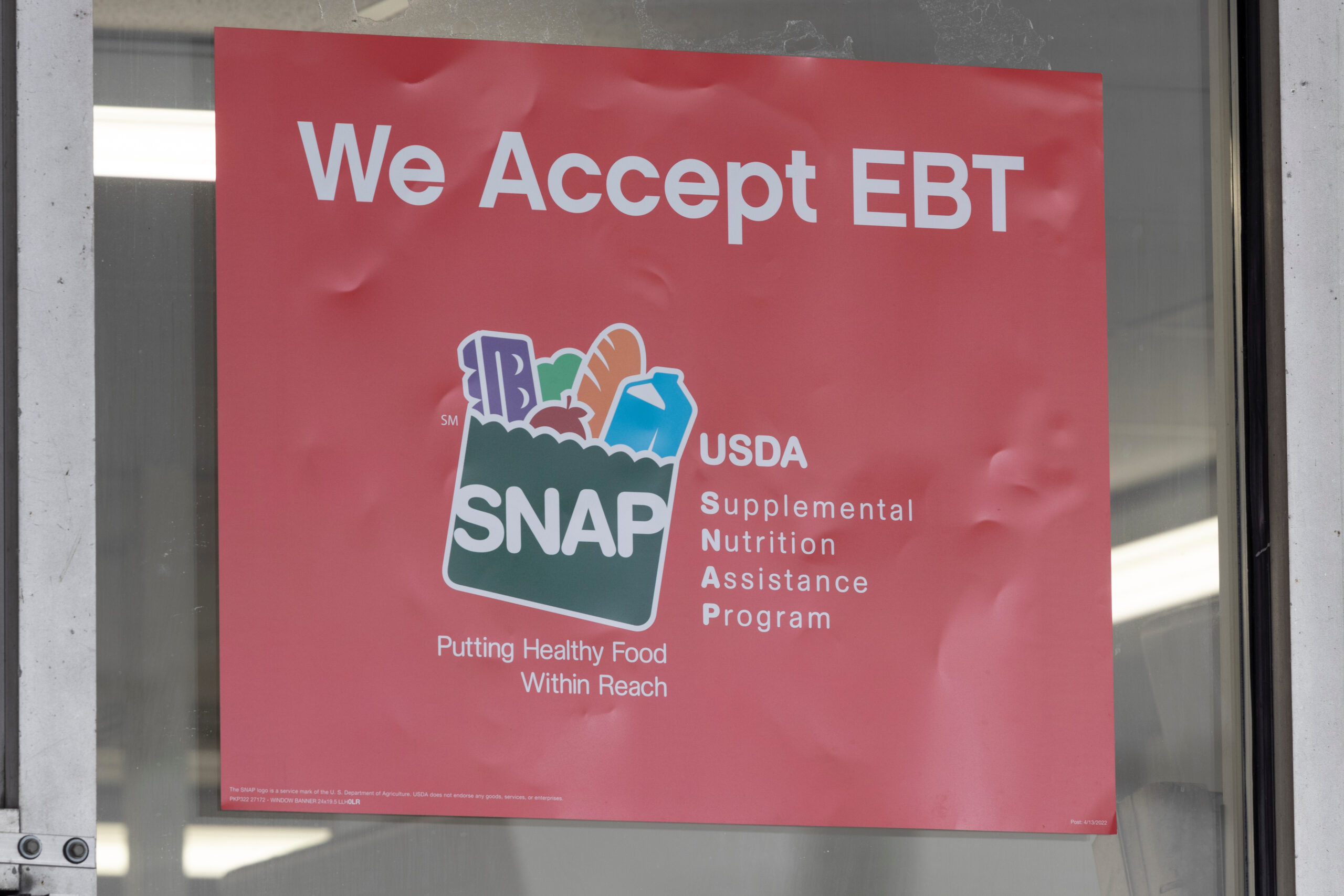
February 27, 2025
How Progressive Policy Distorted the Housing Market
For more than a century, American progressives have argued that the costs and conditions of American housing prove that the private market has failed. In the early twentieth century, the often-rough tenements of New York’s Lower East Side were deemed the work of rapacious “slumlords,” while small single-family or duplex homes that sprouted in cities…

February 25, 2025
We Replaced Families with Uncle Sam. DOGE Must Make the Right Choices When Cutting
If we want a smaller government, we need stronger families. President Donald Trump’s efforts to shrink the size and scope of government through the Department of Government Efficiency (DOGE) has the potential to change the trajectory of the nation. But Trump can’t deliver this promise only by cutting wasteful spending. American taxpayers have been forced to fund…

February 25, 2025
Ohio Ranks Only 29th In The Family Structure Index
Ohio ranks 29th in family strength, according to a new report from the Institute for Family Studies and the Center for Christian Virtue. The Hope and a Future report spotlights the state of Ohio families, details the consequences of family breakdown in the Buckeye state, and charts a policy course to turn things round. A Dream Deferred in Ohio…

February 21, 2025
Hope And A Future: Forging Strong And Stable Families In Ohio, 2025
What is the American dream? It is a “better, richer, and happier life for all our citizens of every rank,” in the words of James Truslow Adams, the historian who coined the term just over a century ago. Adams knew it would be hard to sustain the dream. That is why every generation must strive,…

February 20, 2025
The American Dream Is Not a Coin Flip, and Wages Have Not Stagnated
In my last column, I showed that Americans’ assessments of the economy have tracked the official unemployment rate well over the long run. That is important because it suggests that both public opinion and objective measures indicate that the labor market is historically strong (though accelerating inflation during and after the COVID-19 pandemic has caused these…

January 30, 2025
American Greatness Depends on Strong Families
President Trump signaled his commitment to making America “greater, stronger and far more exceptional than ever before” in his important Inaugural Address last week. Crucially, Trump made a personal commitment to fight for parents and their dreams for their children. Meanwhile, Vice President Vance declared at last week’s March for Life it was “the task of our government to…

January 30, 2025
Eliminating the Benefit Cliff and Achieving Savings for Taxpayers: A Reform Proposal for the Supplemental Nutrition Assistance Program
Key Points Read the PDF

January 22, 2025
How the Trump Administration Can Hit Its Growth Target
By setting an ambitious 3% growth target, US Treasury Secretary nominee Scott Bessent has provided the Trump administration a North Star to follow in devising its economic policies. The task now is to focus on productivity growth and avoiding any unforced errors that would threaten output. US Treasury Secretary nominee Scott Bessent is right to…

January 21, 2025
President Trump’s USDA Should Fix Food Stamp Work Requirement Waivers
As President Donald Trump begins his second term, he and his administration will be exploring ways to improve government efficiency and economic outcomes for low-income Americans. One such policy—a 2019 regulation governing states’ use of waivers to the Supplemental Nutrition Assistance Program’s (SNAP) work requirement—does just that. Although the regulation was never implemented after being…

January 17, 2025